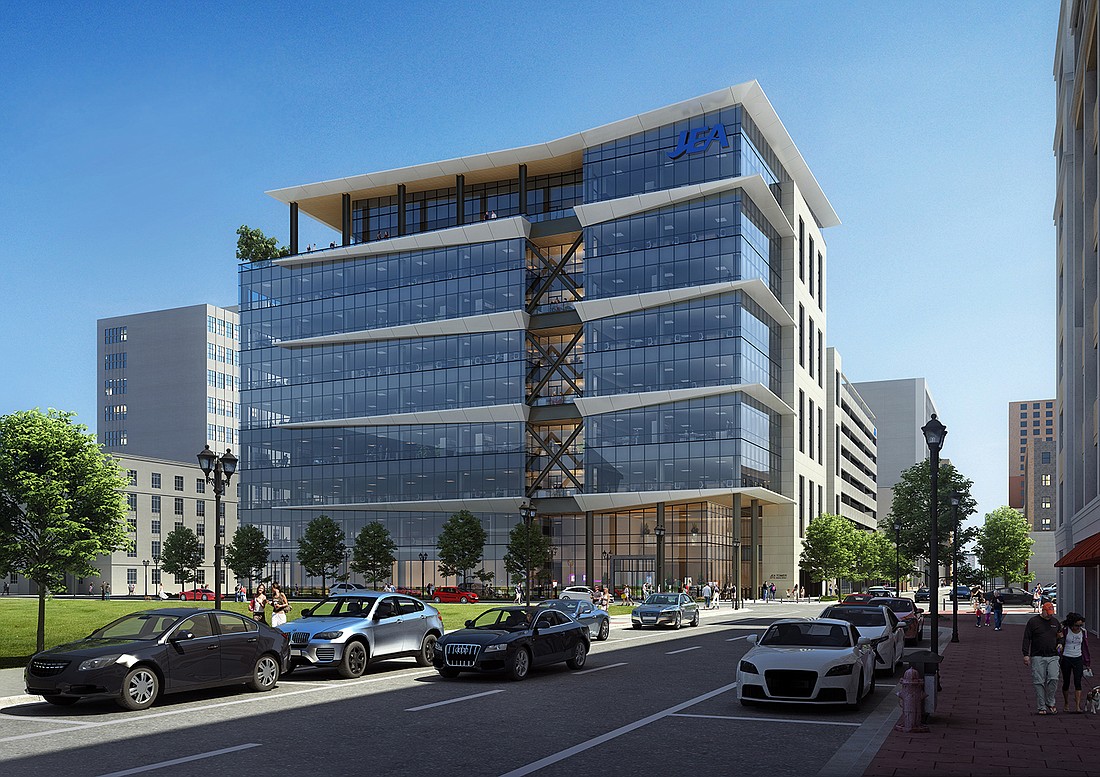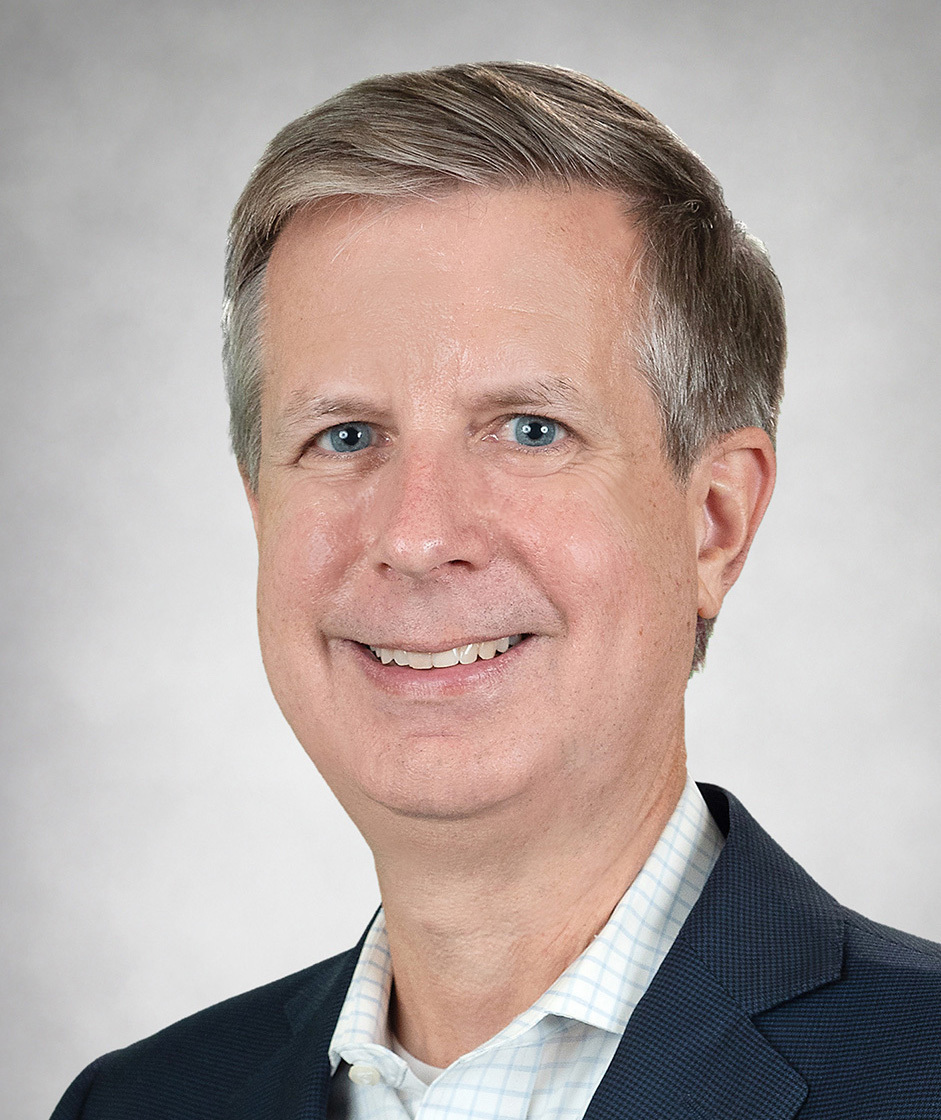
JEA employees will return to the utility’s administrative offices in July as the COVID-19 pandemic eases, but will have opportunities to work remotely, CEO Jay Stowe said.
After the March 23 JEA board meeting, Stowe said the utility plans to implement a long-term hybrid work format “probably forever.”
“This will, I think, provide a better quality of life for our employees, which is one of our primary missions,” he said.
The decision is affecting JEA’s headquarters plans.
Now based at 21 W. Church St., JEA will move to a high-rise under construction.

However, it is reconsidering a smaller secondary headquarters it initially planned, although it bought land for it.
Stowe said if JEA decides to build a “hardened” secondary headquarters in LaVilla for its emergency operations, the hybrid model would reduce its space needs for what was proposed as a 40,000-square-foot facility.
“It definitely will not be a building that houses 200 JEA employees on a regular basis. It will be smaller,” Stowe said.
In January, JEA said it would pause plans to build the secondary facility as it reevaluated its post-pandemic workplace.
Stowe said the hybrid work model reopened the possibility of leasing an existing building for JEA’s emergency operations.
Vice Chair Bobby Stein requested in May that the JEA board authorize the utility’s procurement staff and former interim CEO Paul McElroy to work with real estate firm CBRE Jacksonville to find a site for an emergency operation center resilient to flooding and severe weather.
JEA paid almost $2.45 million March 18 for 2.27 acres in LaVilla, despite the shifting attitudes in senior leadership toward the secondary headquarters.
The JEA board voted 7-0 in November to allow staff to complete sale negotiations with property owner LaVilla Partners III LLLP.
Stowe said at the time completing the property purchase would allow utility executives to keep options open until it completes the workplace analysis.
“So we’re studying all of our options moving forward and we don’t have a plan as of yet of what we might do or how we might proceed with that land,” Stowe said.
Hybrid culture
Stowe said JEA employees showed during the pandemic they could remain productive in a hybrid work environment.
He said the model will result in interior design and layout changes, such as workspace “hoteling,” at the utility’s eight-story, $64 million to $68 million headquarters under construction Downtown at 225 N. Pearl St.
Individual desks and offices could be replaced with shared workspaces.
Stowe said in January that JEA was evaluating how a permanent hybrid workplace could affect planned interior improvements at JEA’s new corporate campus.
“A more important discussion we’re having is how we can change the culture to allow people to do that with our structure and systems to allow the flexibility that people have really taken advantage of over the last year,” Stowe said.
“We’ve learned that we can do it and as we move forward we’re going to do that for our employees.”
The flexibility of a hybrid work environment could help the utility reach a larger and broader employee candidate pool and “support diversity and inclusion,” Stowe said.
He said some employee job duties can easily be done remotely while others can work off-site two or three days per week.
Stowe said the reduction in Downtown JEA employees on a given workday will not impact the utility’s support for the Urban Core.
“We’ll still hold a prominent place in Downtown and still be involved in the Downtown community to support Jacksonville,” he said.